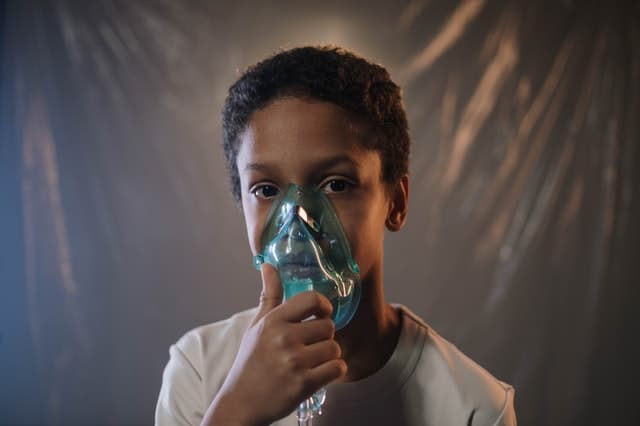How to wash your hands properly?
This is the right way to wash your hands, it will PROTECT you from the INFECTIONS during the day. it is important on a regular basis, it is advisable to seek to protect yourself (and the casualty) from guidance on additional personal protection, infection as well as injury.
Take steps such as immunization. If you think you avoid cross-infection – transmitting germs have been exposed to infection while or infection to a casualty or contracting giving first aid, seek medical advice as infection yourself from a casualty. soon as possible.
“Remember, infection is a risk even with relatively minor injuries”
The way to wash your hands properly.
MINIMIZING THE RISK OF CROSS INFECTION WASH YOUR HANDS
- Do wash your hands and wear latex-like hepatitis B or C and Human free disposable gloves. If gloves are not Immunodeficiency Virus (HIV), may be available, ask the casualty to dress his or her own wound, or enclose your hands transmitted by contact with body fluids. In clean plastic bags. This risk increases if an infected person’s blood contacts yours through.
- Do cover cuts and grazes on your hands with waterproof dressings. a cut or graze.
- Do wear a plastic apron if dealing with Usually, taking measures such as washing your hands and wearing disposable large quantities of body fluids and wear gloves will provide sufficient protection for plastic glasses to protect your eyes.
- Do dispose of all waste safely. you and the casualty. There is no known.
- Do not touch a wound with your bare evidence of these blood-borne viruses’ hands and do not touch any part of a being transmitted during resuscitation. If a face shield or pocket mask is available, dressing that will come into contact with a wound it should be used when you give rescue.
- Do not breathe, cough, or sneeze over a wound while you are treating a casualty.
WHEN TO SEEK MEDICAL ADVICE
Take care not to prick yourself with any needle found on or near a casualty or cut to help protect yourself from an infection you can carry protective equipment such as yourself on the glass.
CAUTION
- Pocket mask or face shield.
- Latex-free disposable gloves.
- Alcohol gel to clean your hands.
THOROUGH HAND WASHING
If you can, wash your hands before you touch a casualty, but if this is not possible, wash them as soon as possible afterward.
For a thorough wash, pay attention to all parts of the hands – palms, wrists, fingers, thumbs, and fingernails. Use soap and water if available or rub your hands with alcohol gel.
See how to wash your hands perfectly remove infections.
- Wet your hands under running water. Put some soap into the palm of a cupped hand. Rub the palms of your hands together.

2. Rub the palm of your left hand against the back of your right hand, then rub the right palm on the back of your left hand.

3. Interlock the fingers of both hands and work the soap between them.

4. A Rub the back of the fingers of your right hand against the palm of your left hand, then repeat with your left hand in your right palm.

5. Rub your right thumb in the palm of your left hand. then your left thumb in the right palm.

6. Rub the fingertips of your left hand in the palm of your right hand and vice versa. Rinse thoroughly, then part dry with a disposable paper towel.

These days washing your hands how often you can, is a very good habit for keeping away from infections like corona(covid 19) viruses. so every time you went outside keep try to wash your hands how often you can. not only do you spread this habit to your family members, neighbors, friends, and community.
There are more about this we will see next.

